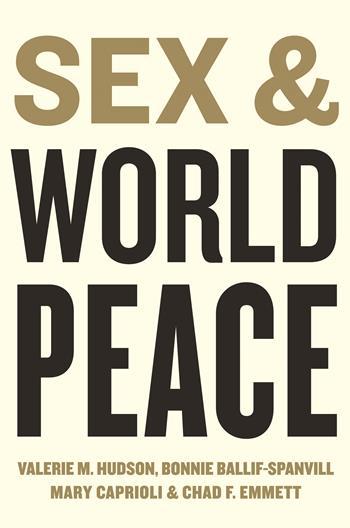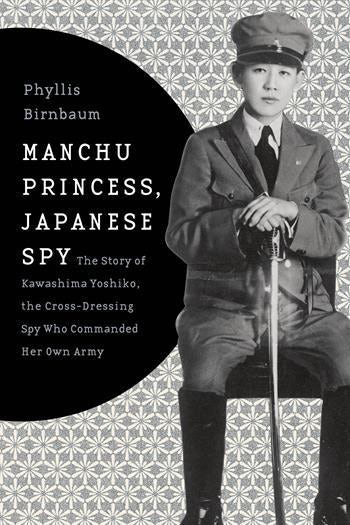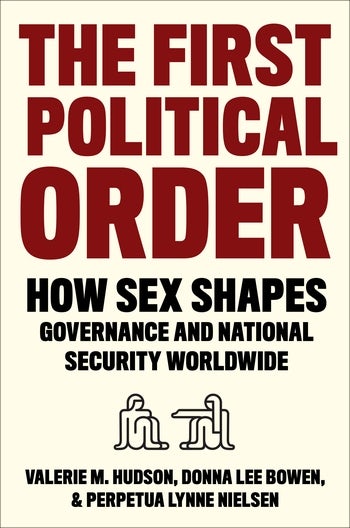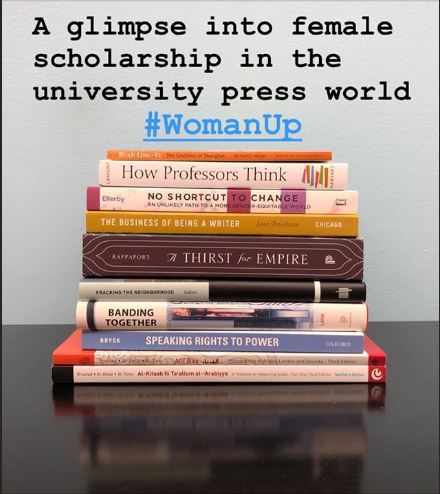Anita Hill, Clarence Thomas, and the Search for an Adequate Witness: An Excerpt
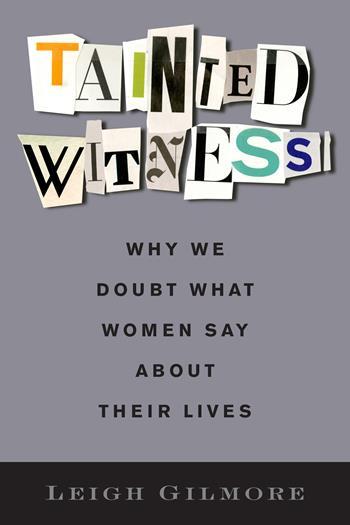
Although their humble beginnings inspired comparison, Thomas’s upbringing was defined by paternal abandonment, and Hill’s, by a large and supportive family. Whereas Thomas is recalled as a boisterous consumer of porn and something of the “class clown” in his needling of straitlaced colleagues in his first job working for Senator Danforth, Hill was “bookish” and “sheltered,” as her relatives described her, protected by her mother and immersed in moral lessons drawn from life and the Bible.19 There are no stories of her breaking out of this mold when she arrived in Washington, of telling a lie, or behaving unethically. Thomas’s life story framed race as apolitical: Thomas was not angry, militant, or activist; or, if he did have an activist period, it was enfolded into a developmental narrative as a youthful enthusiasm. In contrast, Hill’s politics stuck to her in this public forum: she was a pro–civil rights feminist.
This week, our featured book is Tainted Witness: Why We Doubt What Women Say About Their Lives, by Leigh Gilmore! Today we’re bringing you an excerpt from the book in which the author explores “how race, gender, and sex, and doubt travel together.”
Remember to enter our book giveaway by Friday at 1 PM for a chance to win a free copy!

